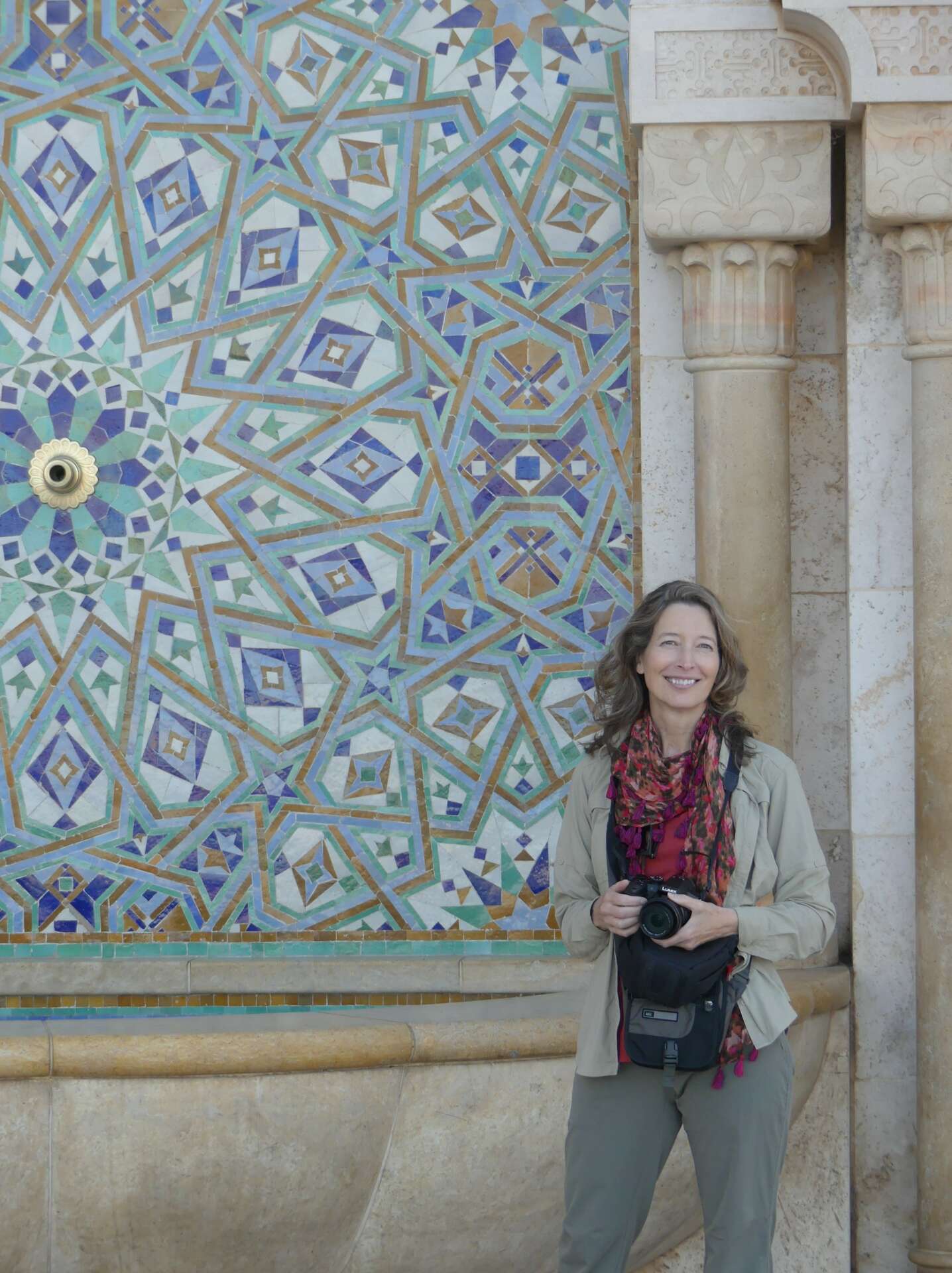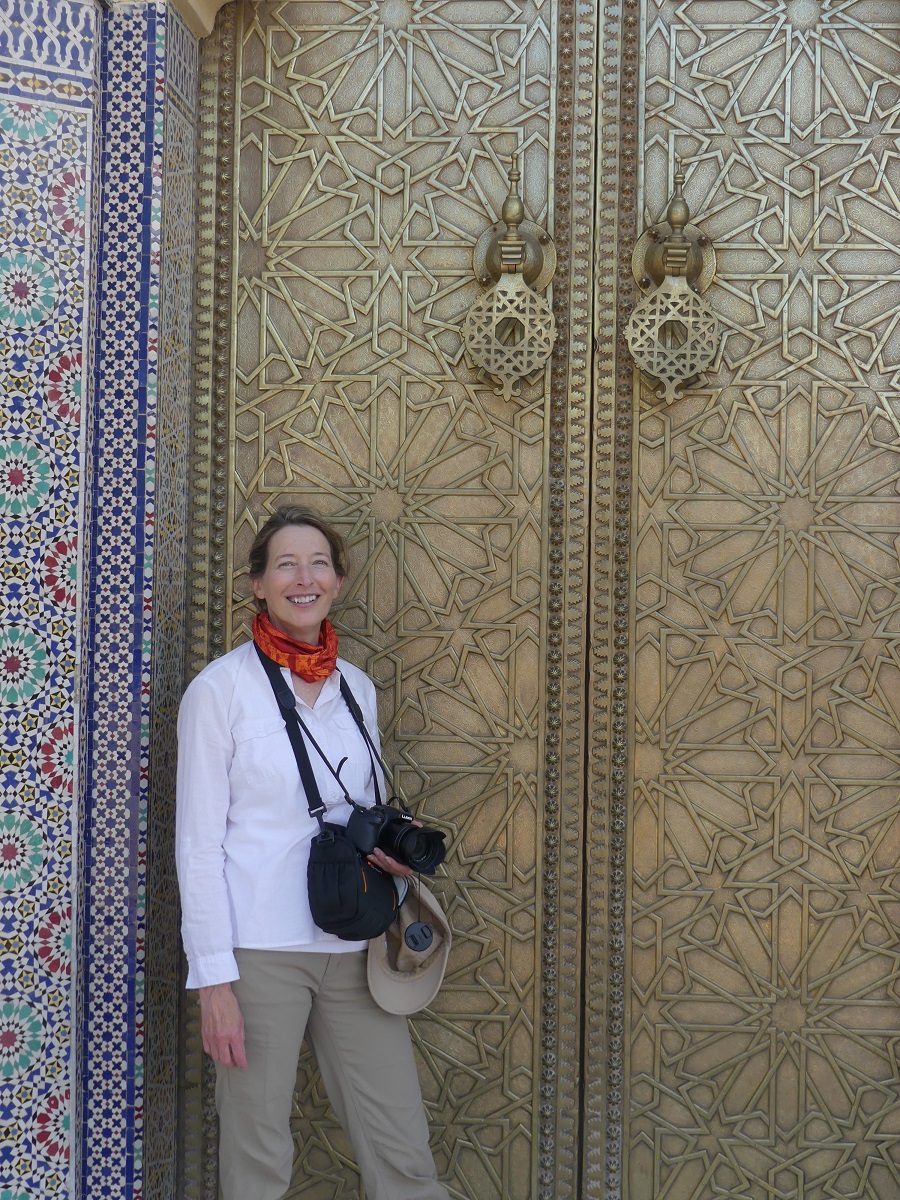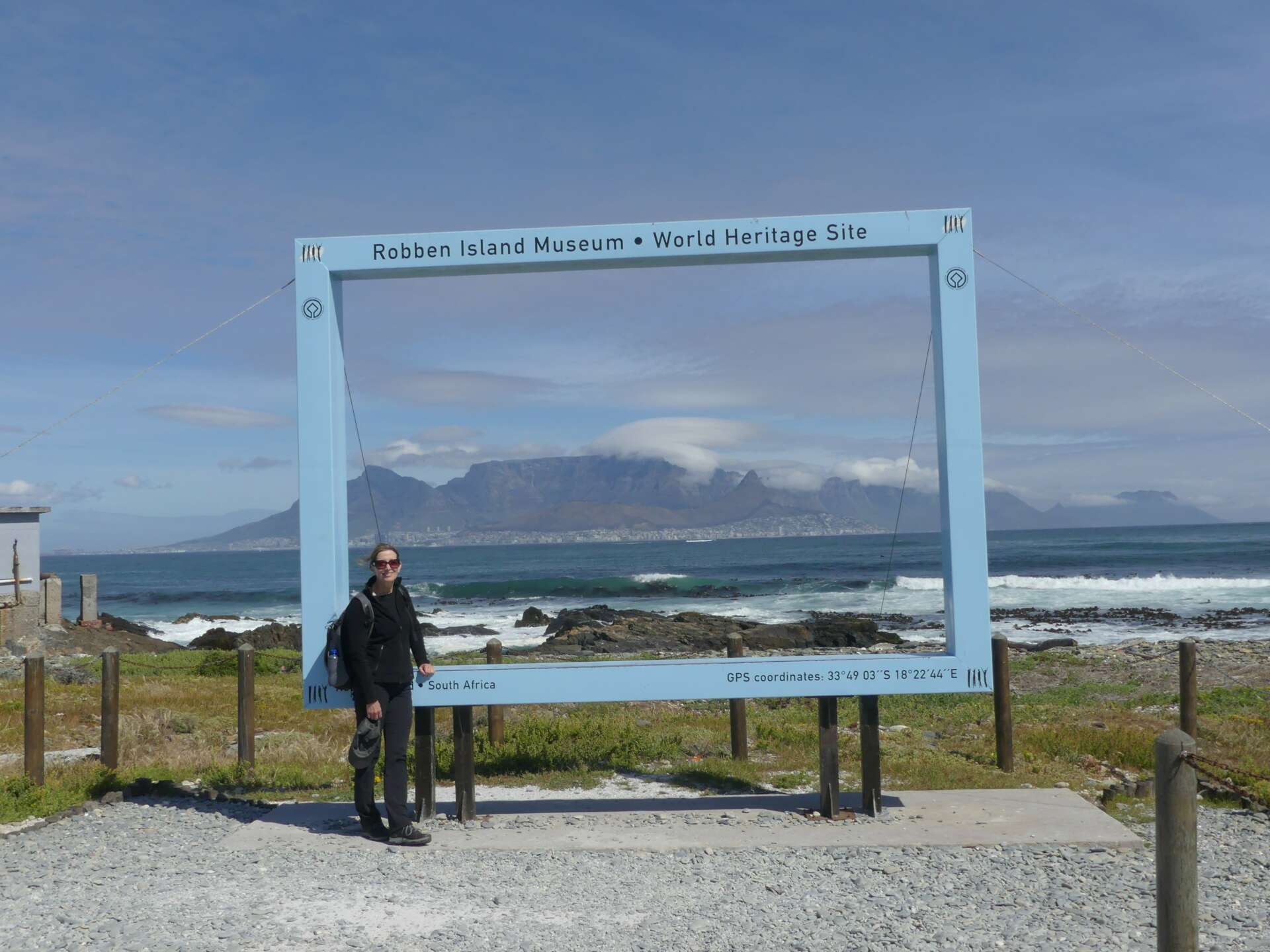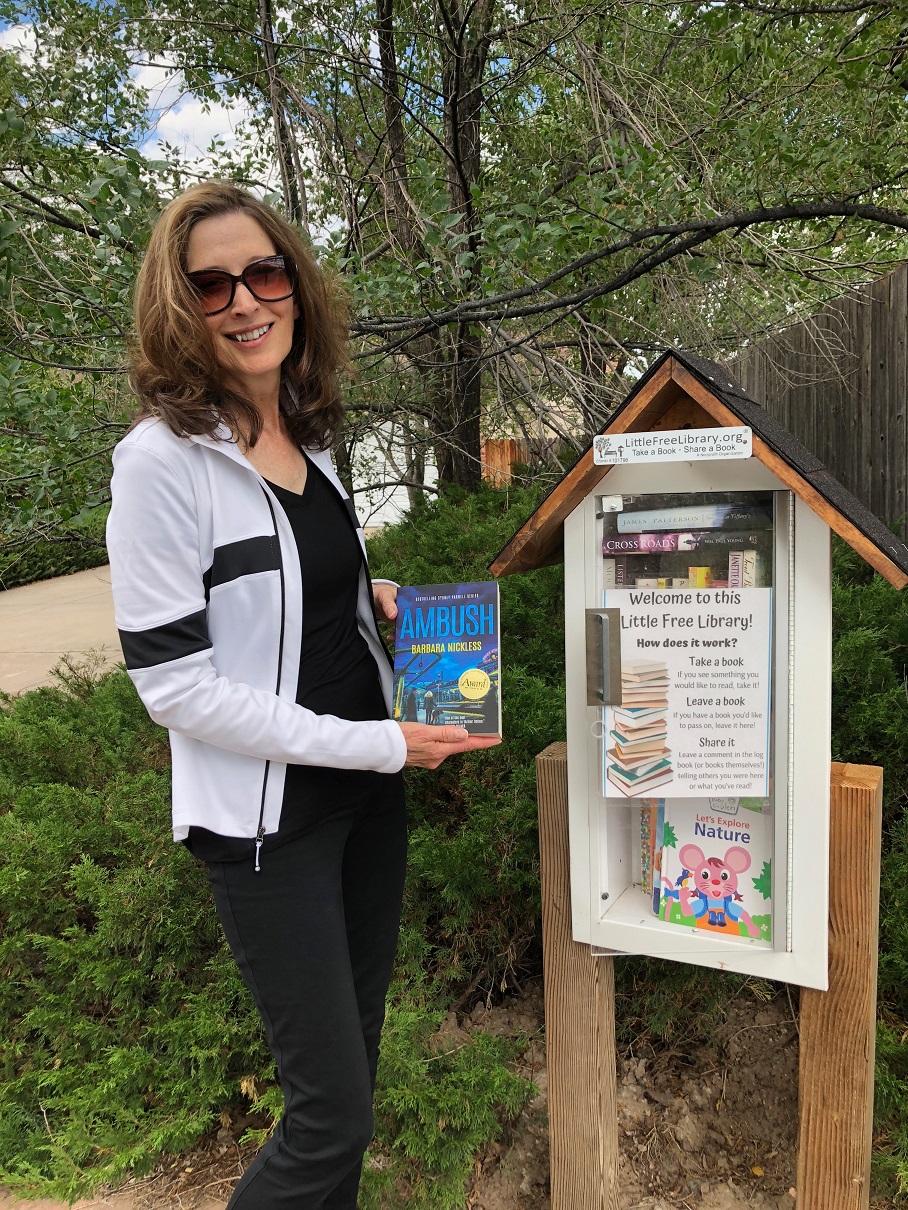Alright – so today we’ve got the honor of introducing you to Barbara Nickless. We think you’ll enjoy our conversation, we’ve shared it below.
Barbara, looking forward to hearing all of your stories today. Do you wish you had started sooner?
When I was three years old, I had my first of what would prove to be many eye surgeries. The hospital was dreary, visiting hours were restricted, and I was bored and lonely and scared. That was when I had a flash of genius! I took all the get well cards I’d received, turned them over to their blank backs, and began writing. I didn’t know the alphabet. I couldn’t yet read. But I could imitate my mother’s cursive writing and make up stories to go with my squiggles.
Despite that auspicious beginning, it was years before I returned to writing in a serious way. In fact, it took a wildfire and a war to spur me to write my first published novel. Writing was how I processed my grief and post-traumatic stress after my family lost everything in a wildfire. And the Iraq war gave me my protagonist–a former Marine turned railroad cop who spent her war years processing the dead.
I had a lot of jobs in between that first desire to write and its eventual realization. Technical writer, raptor rehabilitator, piano teacher, astronomy teacher. Much of that was fun and made me who I am. But if I’d started writing seriously sooner, I would have a lot more novels under my belt. I have hundreds of ideas for books. Most of those will die with me.


Barbara, love having you share your insights with us. Before we ask you more questions, maybe you can take a moment to introduce yourself to our readers who might have missed our earlier conversations?
I’m almost a native Coloradoan! My Air Force dad was stationed here when I was five, and I grew up a wild child running free across the prairie. My mother was a high school English teacher, and she gave me her love of words and stories. I’m happy to say that after a slow start, I’m now the award-winning and bestselling author of five novels, with the sixth coming out in November. I’m hard at work on the seventh. Writing for love and money has always been my dream. But I kept putting it off.
After the wildfire that took our home and pretty much everything we owned, I realized that it was now or never when it came to a writing career. It was time to get serious or turn my attention elsewhere and give up on that childhood dream.
One thing I knew: I wanted my stories to be entertaining. But I also wanted them to open people’s eyes to something they might not have thought about before reading my book. Pulitzer Prize-winning author Richard Russo advises writers to afflict the comfortable and comfort the afflicted. That was what I wanted to do.
After struggling with PTSD and watching my war veteran father deal with his own trauma-related issues, I knew I wanted to write about war veterans and their struggle to fit back into society. Too often, a veteran comes home to a place where few can understand or appreciate what he or she experienced. I wanted to change that. And when I hear from veterans and their families, thanking me for telling the world what it is like to come home from war, I hope I’ve done at least a little to make a difference.
Let’s talk about resilience next = do you have a story you can share with us?
After the wildfire, the first purchase I made (once the essentials like bedding and pots and pans were out of the way) was a desk. This plain brown desk sat in an empty room of our rental house. It was a room with white walls and white carpeting and absolutely nothing else but this desk and a chair and a laptop. Every day I sat down at that desk to write. And every day–multiple times a day–I’d get up from the chair, lie down on the carpet, and stare at the ceiling. I had no words. No stories. I had nothing.
But, I persisted. Every day, I alternated between sitting at the desk and lying on the carpet until==finally–the words began to come. I wrote a short story. Then I wrote a novel. It was an act of will, a defiance of the destruction of a fire that destroyed well over 300 homes and took the lives of two people.
Writing is all about being resilient. You have to overcome whatever life throws at you in order to get words on the page. You have to be resilient when agents and editors reject your work. Then, when the glorious thing happens and you words are published, you have to stand strong against the negative reviews. And no matter what the nay-sayers might spout, you have to find it within you to write the next book or story.


How can we best help foster a strong, supportive environment for artists and creatives?
There has been a trend toward diversity recently in the publishing industry. Diversity in the creatives who are writing down their stories and diversity in the publishing houses making those stories available to the world. All stories are important. All voices have something to say. Everyone should be given room enough and time to tell their stories.
Contact Info:
- Website: www.barbaranickless.com
- Instagram: https://www.instagram.com/barbara.nickless/
- Facebook: www.facebook.com/barbarannickless/
- Linkedin: www.linkedin.com/in/barbara-nickless-81674a50
- Twitter: http://twitter.com/barbaranickless
Image Credits
Trystan Photography


